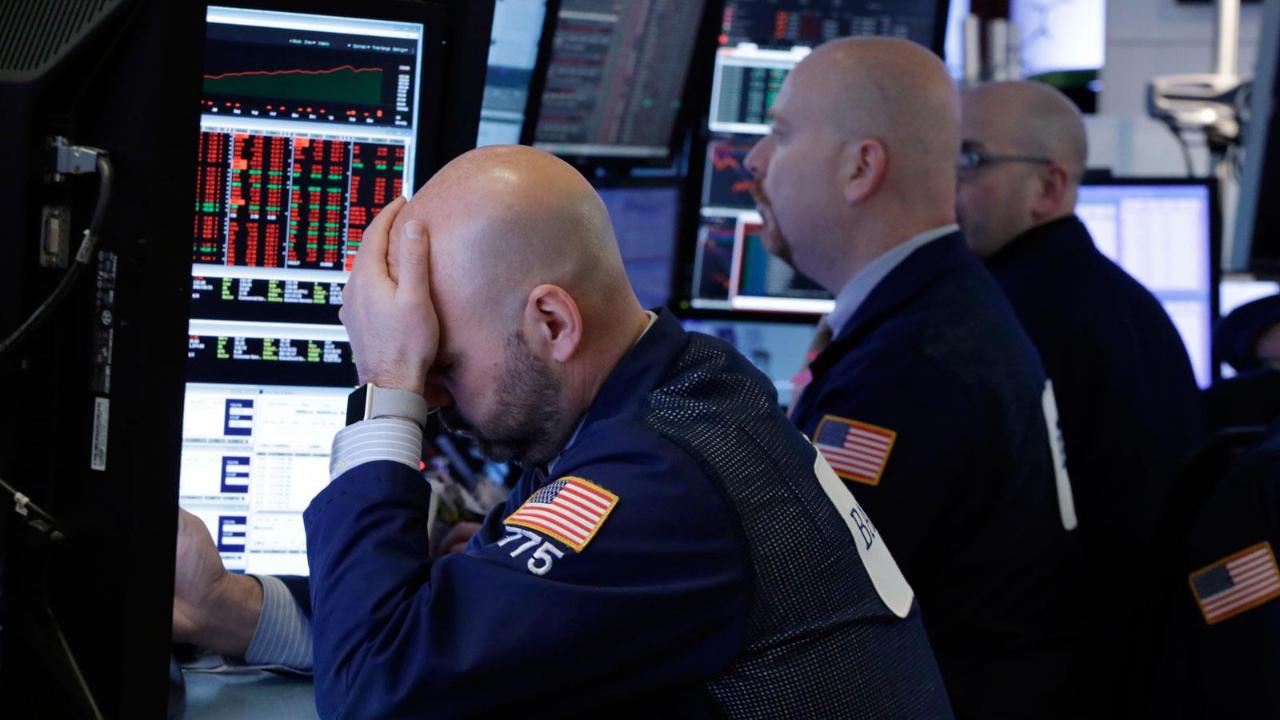ECB to end bond buys, keep rates steady through next summer
FRANKFURT, June 14 (Reuters) - The European Central Bank said on Thursday it will end its unprecedented bond purchase scheme by the close of the year, taking its biggest step in dismantling crisis-era stimulus a decade after the start of the euro zone's economic downturn.
Signaling that the move would not mean rapid policy tightening in the coming months, the bank also said that interest rates would stay at record lows at least through the summer of 2019, suggesting protracted support for the economy, even if at a lower level.
Markets had been pricing in a 10 basis point hike in the ECB's benchmark deposit rate -- currently at -0.4 percent -- by June 2019. The new guidance prompted the euro to reverse initial gains made on the announcement and fall to 87.82 pence, 0.4 percent down on the day.
Though full policy normalization will take years, investors are braced for the end of easy money from the world's top central banks. A hawkish U.S. Federal Reserve dropped a crisis-era stimulus pledge on Wednesday while the ECB had already begun rolling back support after a five-year run of economic growth.
"The monthly pace of the net asset purchases will be reduced to 15 billion euros until the end of December 2018 and ... net purchases will then end," the ECB said in a statement after policymakers met in the Latvian capital Riga.
The decision affirms market expectations for the bond purchases to conclude by year-end after a short period of tapering, and indicates that interest rates will once again become the bank's primary policy tool.
Attention now turns to Mario Draghi's 1230 GMT news conference, during which the ECB president will provide a fuller explanation of the policy moves and unveil fresh economic projections.
"The Governing Council expects the key ECB interest rates to remain at their present levels at least through the summer of 2019, and in any case for as long as necessary to ensure that the evolution of inflation remains aligned with the current expectations of a sustained adjustment path," the ECB said.
The biggest complication for the process of normalization could be a murky economic outlook, muddied by a developing trade war with the United States, a populist challenge from Italy's new government and softening export demand.
But ECB policymakers have long argued that their mandate is to bring inflation back to target, not to prop up growth or fight off market turbulence in any particular country.
Italian bond yields rose sharply this month as a new government of anti-establishment parties promised higher spending. That threatens a clash with Brussels, which is pushing Rome to cut the euro zone's second-biggest debt pile.
A broader slowdown could make it harder for the ECB to cut support if lower growth eases pressure on inflation, a threat to the bank's credibility as it has missed its inflation target of almost 2 percent for over five years.
INFLATION
While inflation has remained weak, higher oil prices, increasingly evident wage pressures and record employment suggest that prices will be moving up in the coming years, even if more slowly than the ECB had originally hoped.
ECB Chief Economist Peter Praet, a Draghi ally and one of the most dovish members of the rate-setting Governing Council, recently argued that progress has been made on the inflation criteria, a strong hint that stimulus would be pared back.
The euro's 5 percent fall against the dollar since April is also helping the ECB as the weaker currency is increasing the cost of imports and boosting inflation. While a rebound is likely, the U.S. Fed's tightening stance will limit the potential for a big rise in the euro.
The ECB's new staff forecasts, to be presented by Draghi at the news conference, are expected to show stronger inflation, slower growth and broadly unchanged core inflation, sources told Reuters earlier.
($1 = 0.8490 euros)
(Reporting by Balazs Koranyi Editing by Catherine Evans)




















